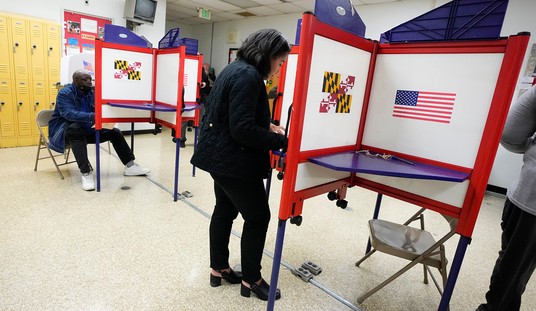WASHINGTON – The American Petroleum Institute is warning the public that the Environmental Protection Agency’s 2017 renewable fuel standard could lead to higher gas prices for consumers and cause engine damage to many cars on the road without action from Congress.
“The Renewable Fuel Standard (RFS) mandate continues to increase ethanol volumes in our fuel mix and could lead to higher gas prices and potentially cause engine damage to many cars on the road today,” Frank Macchiarola, group director of downstream and industry operations at the American Petroleum Institute, said on a conference call Monday.
“Instead of providing relief to consumers, EPA’s biofuel proposal for 2017 moves us closer to breaching the blend wall,” he added.
According to the Renewable Fuels Association, the blend wall is “the maximum quantity of ethanol that can be sold each year given legal or practical constraints on how much can be blended into each gallon of motor fuel.”
The RFA has argued that oil companies failed to plan ahead for ethanol blend changes that were in the works years ago.
According to the RFA, “The intent of the RFS was always to push beyond the blend wall and increase the share of renewable fuels in our nation’s fuel supply.”
In May, the EPA released the 2017 renewable fuel standard proposal. The agency is accepting comments on the rules from stakeholders through July 11.
“The proposed standards are expected to continue driving the market to overcome constraints in renewable fuel distribution infrastructure, which in turn is expected to lead to substantial growth over time in the production and use of renewable fuels,” the EPA proposal read.
Michael Lewan, senior manager for government relations at the National Marine Manufacturers Association, urged the EPA to “set ethanol levels at no more than 9.7 percent of gasoline demand to ensure the amount of ethanol in gasoline stays below the 10 percent blend wall.”
Lewan said studies show that only 31 percent of Americans understand higher ethanol blends can be “harmful” to small engines.
“In the proposal, EPA has ignored consumer demand for ethanol-free gasoline options. Objective analysis from the energy information administration show that Americans consumed 5.3 billion gallons of ethanol-free gasoline in 2015 yet EPA is proposing a mere 200 million gallons,” Lewan said on the call. “This proposal is denying the voting public choice at the pump.”
Macchiarola said “drivers have made it clear they are not interested in higher ethanol blends,” which almost 90 percent of vehicles were not designed to use.
Rick Podliska, deputy director of government relations at the American Motorcyclist Association, was also on the conference call expressing opposition to the EPA’s proposal for 2017.








Join the conversation as a VIP Member